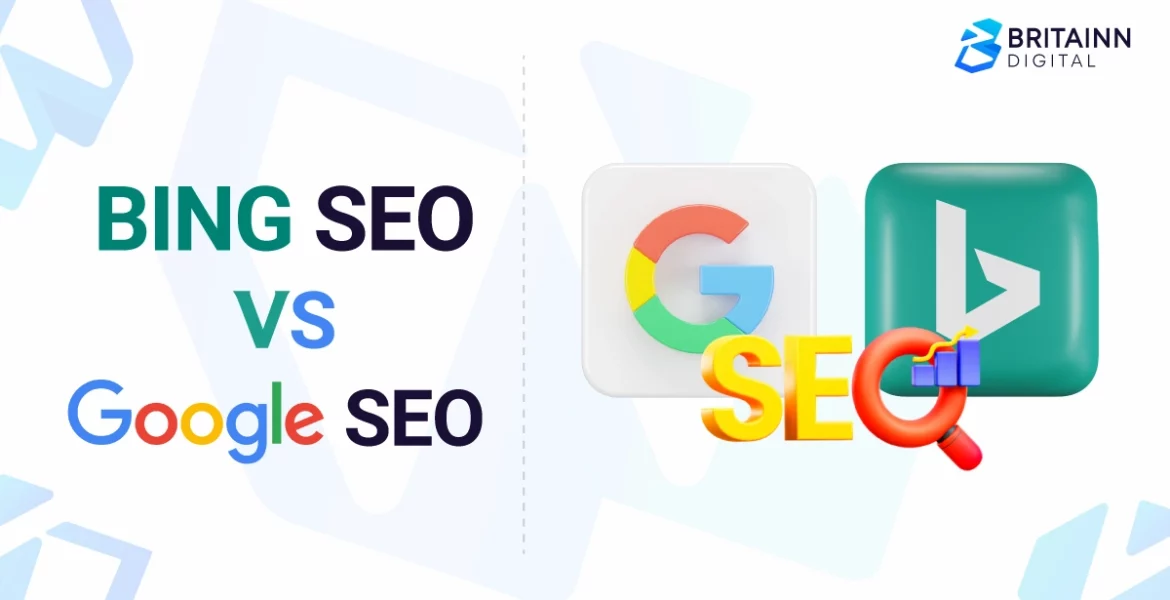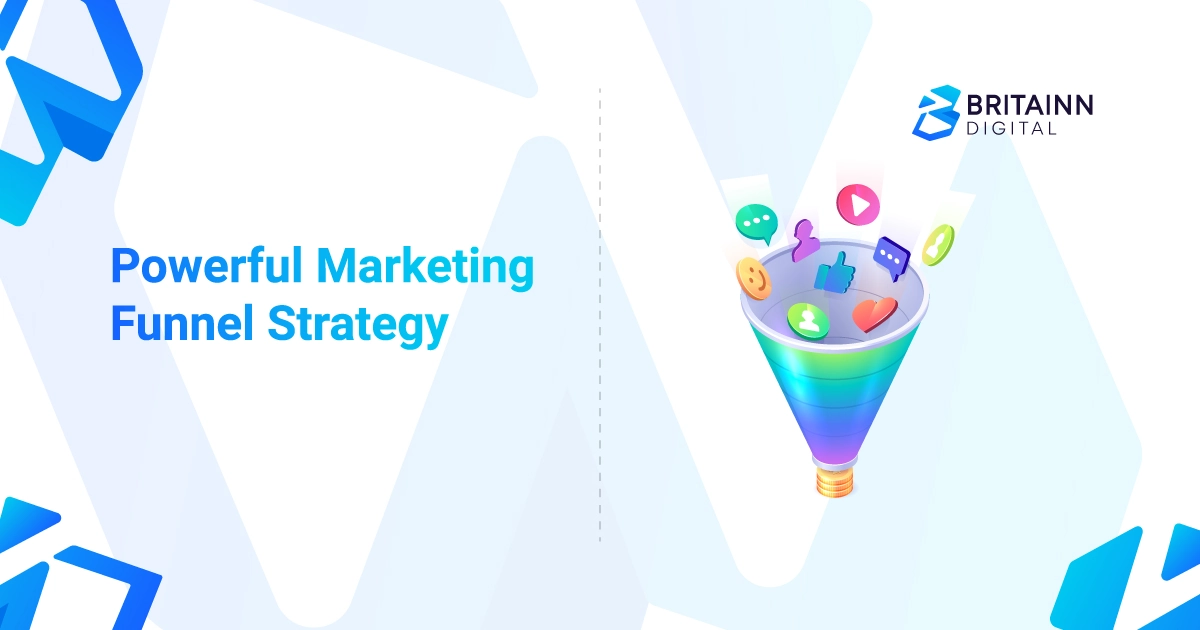The search engines Bing and Google use many of the same ranking factors, but there are some significant variances when it comes to Bing SEO vs Google SEO. Take a look at these five ways that SEO for Bing is different. If Bing is seen as a joke in your digital marketing circles, you may be overlooking the most significant untapped possibility for your company’s future growth.
Some people are unaware that there are other search engines than Google, but Bing may be a terrific location to obtain recognition on the internet. Bing and Yahoo (which has been powered by Bing since 2010) own a combined 9.97 percent of the desktop search engine market share in the United States, according to ComScore estimates.
And, maybe more crucially, many marketers have seen that Bing traffic converts better than search engine traffic. There is a possibility that this has something to do with the typical demographic of Bing being more mature and perhaps possessing more disposable income.
Other Top Search Engines
Besides Yahoo! and AOL, Bing has partnerships with dozens of other search engines, including DuckDuckGo, Ecosia, Microsoft and Lycos. In summary, if you’re not searching on Google, it’s probable that you’re using a search experience that is at least largely driven by Bing.
The fact that Bing is embedded into most Microsoft products, including Microsoft Office and the Xbox, and that voice search (Alexa and Cortana both utilize Bing) are not included in this. Because if you have previously invested in Google SEO, you are just a few steps away from seeing concrete benefits on other search engines as well, which is a pleasant surprise. This is due to the fact that Bing and Google employ many of the same ranking signals.
Even yet, there are significant distinctions between SEO for Google and SEO for Bing – and you’ll learn about those differences in this article.
Keywords
While Bing said in 2014 that Meta keywords will no longer be taken into account for ranking reasons, search engines such as Yandex and Baidu continue to do so. In order to increase search accuracy, Google has been working to grasp searcher intent and analyze contextual information from diverse webpages.
This is referred to as semantic search, and it depends in part on machine learning and artificial intelligence (such as RankBrain) to assist them in understanding the content of a web page.
Search Algorithm
According to Google, RankBrain is the third most significant element in the company’s search ranking algorithm. This implies that exact match keywords aren’t nearly as important as developing thorough subject pages and articles for your visitors to read and learn from. When it comes to broad-matching terms, Bing has gradually caught up with Google. According to their Webmaster Guidelines, you should “Develop rich material based on keyword analysis that demonstrates what search visitors are seeking for the information they are looking for.”
The Guidelines
The Bing Webmaster Guidelines are quite clear about how keywords might assist you in ranking higher in search results. Bing would not rule out the idea of using the Meta keywords tag in future searches (which Google ignores). This, however, does not provide you with a license to misuse them or to begin putting irrelevant keywords into the Meta description tag. However, this does not imply that you should completely disregard them.
Bing also provides a plethora of keyword tools to assist SEO professionals, and you’ll find more information in Bing’s tools than you would in certain Google ones. When you go into Bing Webmaster Tools, you’ll see a comprehensive keyword tool that displays trends as well as related and recommended keywords. Bing even displays relevant ranking URLs in the search results.
Google recommends that you create thorough pages that are supported by keyword research, but that you concentrate on subject relevance rather than exact match keywords. When optimizing for Bing, use plain keywords that closely match the phrases you’re seeking in the search results – but avoid over-optimization. Make use of their capabilities to assist you in using other search engines.
Bing SEO vs Google SEO
Both Google and Bing place a high value on user trust. Backlinks, for example, are highly valued by both because they indicate that visitor’s find your material to be beneficial, that they trust the information you’ve supplied, and that they now want to share it with others.
PageRank (the link equity accrued as a result of backlinks) of sites referring to your content is one of the ways Google determines trustworthiness as content marketing also plays a huge role in SEO. In Google’s algorithm, high-PageRank links are substantially weighted, and a handful of them are worth far more than hundreds of spammy, low-PageRank connections.
Bing, like Google, places a high priority on high-quality connections, although they evaluate quality in a slightly different way. When it comes to Bing, backlinks do not take precedence over all other ranking variables. They favor backlinks from high-quality websites in fewer numbers.
Internal Links
Internal links with relevant anchor text are likewise preferred by Bing, just as they are by Google. Moreover, Bing eliminates pages from its index if they do not have enough connections, and it does not punish websites that purchase links:
As a result of this, purchasing a link on a popular website might result in increased direct traffic, making it a legitimate marketing strategy. Again, as Bing points out, this strategy should be used with caution:
“Manipulating inbound links in order to artificially inflate the amount of links pointing to a website may result in your website being delisted from the Bing index,” says Google. Backlinks from authoritative sources and high-quality content are the most essential markers of a page’s authority when it comes to backlinks, according to the search engine Google. Bing: Internal connections with highly relevant anchor text, as well as fewer, more authoritative backlinks, are particularly significant for search engine rankings.
Social Signals
The search engine giant has long denied that social signals play a significant part in page ranking, despite widespread belief that they do play a role in some tiny way. The relevance of social signals, on the other hand, has long been acknowledged by Bing, which has previously stated:
“Social media plays an important part in today’s efforts to get high rankings in search results.” The most evident role it performs is via its ability to affect others. If you have social media influence, this leads to your fans spreading your information broadly, which in turn results in Bing picking up on the good signals you are sending out. In the long term, these good signals may have an influence on how you rank organically on search engines.”
SEO Plans
It will be necessary for you to have an ear to the ground in your social media circles if you want to achieve high search engine rankings. Making social media a part of your SEO plan takes effort, but it is definitely worth it if you want to rank higher on Bing search results. It is recommended that you acquire a thorough social media listening tool that will assist you in locating and participating in every discussion people are having about your company on the internet.
Bing also provides an API that allows you to see what’s currently trending on social media. Google treats Facebook and Twitter pages in the same way that it does any other indexed pages. Bing: Social signals are a major ranking component in the search engine. The ratings of various companies given by your Facebook friends and Twitter followers will be shown in the search results.
Learn 15 proven SEO case studies which you can take as your SEO inspiration and try out new plans for your website.
The Use of Multimedia Content
Bing has been pushing the boundaries when it comes to visual search, which goes hand-in-hand with one of their most advertised capabilities — “entity understanding.” Bing has been pushing the limit when it comes to visual search. Essentially, Bing has the capability of crawling and understanding multiple forms of multimedia material, including video, audio, and photos, with pinpoint accuracy. When it comes to visual search, Bing is a step ahead of the competition in many areas. When Flash was still in use, Bing was able to crawl and index Flash-based websites perfectly well.
Photographs
Make use of high-quality photographs that have been optimized to save loading time. Meanwhile, Google continues to rely primarily on text-based material as its primary source of information. The use of high-quality photographs and videos is important, but they aren’t given nearly the importance that they are for Bing. Google places a strong emphasis on text-based content which is one of the content strategies that you should consider.
Bing: There will be a greater focus on multimedia material.
Additional Technical SEO Dissimilarities
While the four distinctions described above are most likely the most significant differences between Google and Bing, there are a few more minor differences that I think are worth pointing out as well. When it comes to indexing your website, you can normally depend on Google to do so and believe that it will attempt to crawl and index every page of your site; however, Bing tends to concentrate on the most important sites and scans your pages more seldom.
Crawling
Fortunately, you can speed up the process by raising your crawl pace in Bing Webmaster Tools by selecting Crawl Control from the drop-down menu. Bing may also be informed of your sitemap submission through a link in your Webmaster Tools or by putting a link to it in your robots.txt file—an essential step to take considering that this is a ranking indication.
To Conclude
Another advantage of Bing is its application programming interface (API). It provides consumers with the ability to submit URLs to be crawled in bulk, which is something Google does not provide.
In general, Bing is enthusiastic about assisting individuals with their rankings and provides a plethora of tools to assist you. More instances of technical variables that vary from Google may be found in Bing’s Webmaster Guidelines, which are available here.




